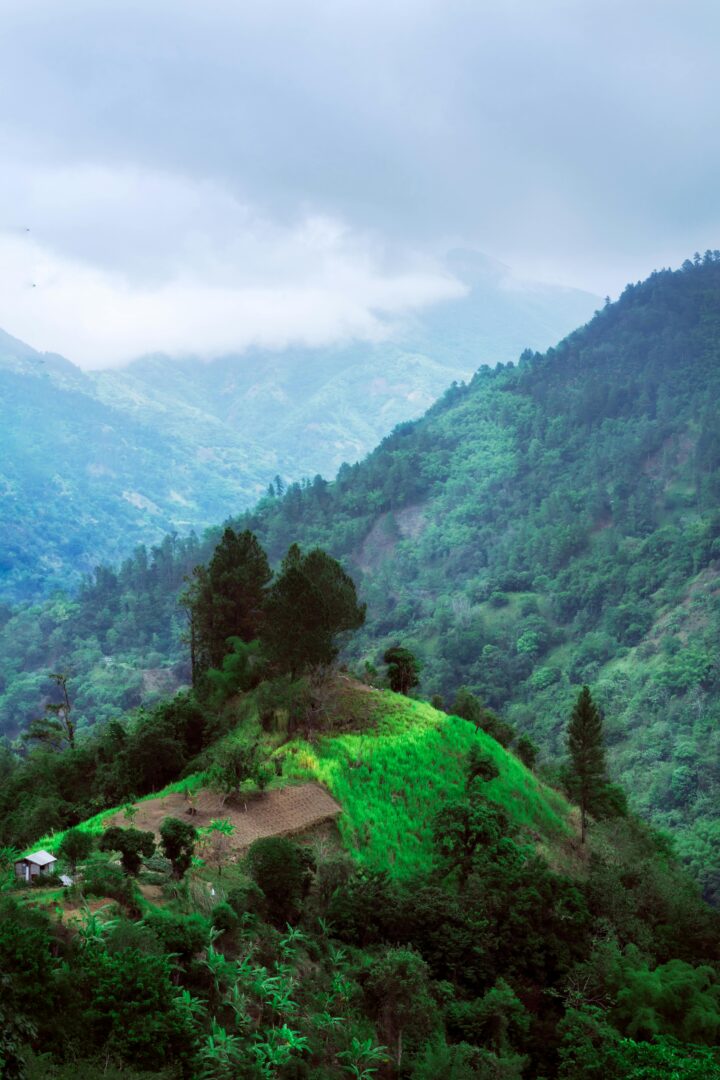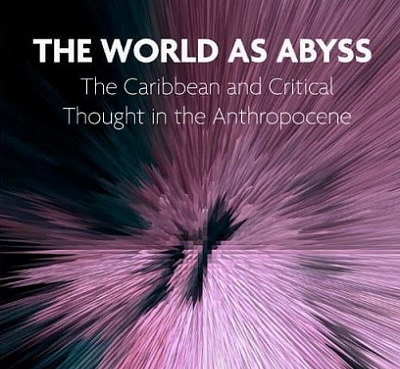In much proto-nationalist discourse and academic and historical work, marronage has come to represent an open receptacle of competing narratives and desires in the history of slavery, revolt, and Blackness. Paying attention to the ways marronage is portrayed across the different nations and territories of the Caribbean reveals grand narratives of heroism, the formerly enslaved outsmarting and outlasting planters and colonial officers in the hills and mountains of the West Indies and the swamplands of the US South. Through these narratives, this article argues, the maroons are mythologized both as figures of resistance against the racial terror of slavery and as the founding fathers of the post-Abolition, post-Independence Caribbean nation-state. These heroic yet limited depictions of marronage, though important in showing the ways the maroons were able to unsettle the plantocracy, fail to reckon with the impossibility of redress in the afterlives of slavery and the limits of sovereignty in the wake of the non-event of Emancipation. Marronage offers neither a clean break from slavery nor an easy path beyond, yet the proto-nationalist accounts of its praxis that I explore here insist on turning the incapacity of the enslaved into the capacity—to resist, to survive—of the heroic maroon. Through its calculated erasure of slavery, the marronage produced in these narratives generates its own set of aporias, pointing us in the direction of freedom but reminding us, at the same time, of its impossibility. What is at stake in this article is not an exploration of the future of marronage but the exploration of its past and its supposed break from slavery, as well as an interrogation of the ideals of Black resistance and Caribbean sovereignty and freedom that the heroic maroon is tasked with representing.
Keyword: Caribbean
The World as Abyss
Andrew Culp and Cultural Studies Association’s Black and Race Studies Working Group Co-Host Shauna Rigaud discuss The World as Abyss: The Caribbean and Critical Thought in the Anthropocene (University of Westminster Press, 2023) with authors Jonathan Pugh and David Chandler. This podcast is accompanied by a scholarly commentary by Richard T. Stafford.
The World as Abyss
Andrew Culp and Cultural Studies Association’s Black and Race Studies Working Group Co-Host Shauna Rigaud discuss The World as Abyss: The Caribbean and Critical Thought in the Anthropocene (University of Westminster Press, 2023) with authors Jonathan Pugh and David Chandler. This podcast is accompanied by a scholarly commentary by Richard T. Stafford.


